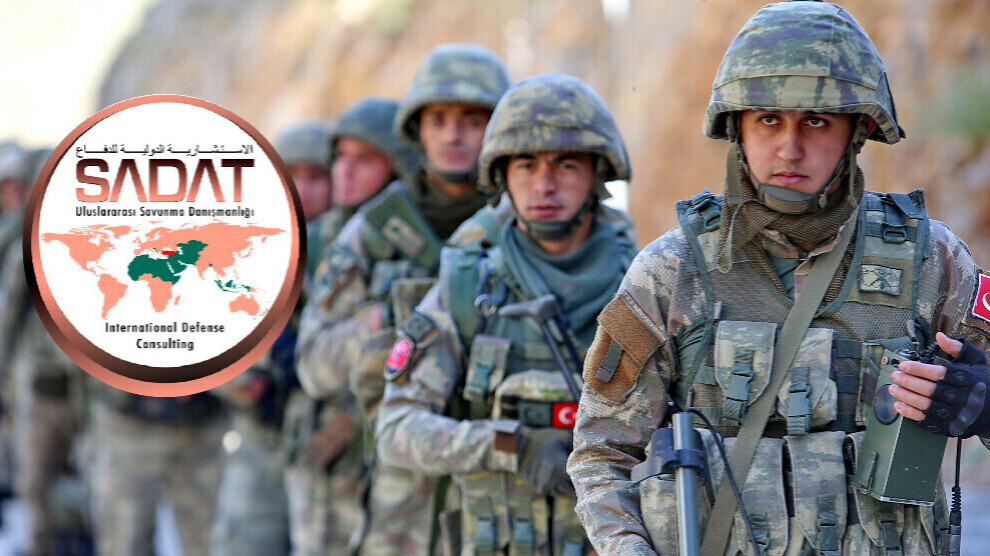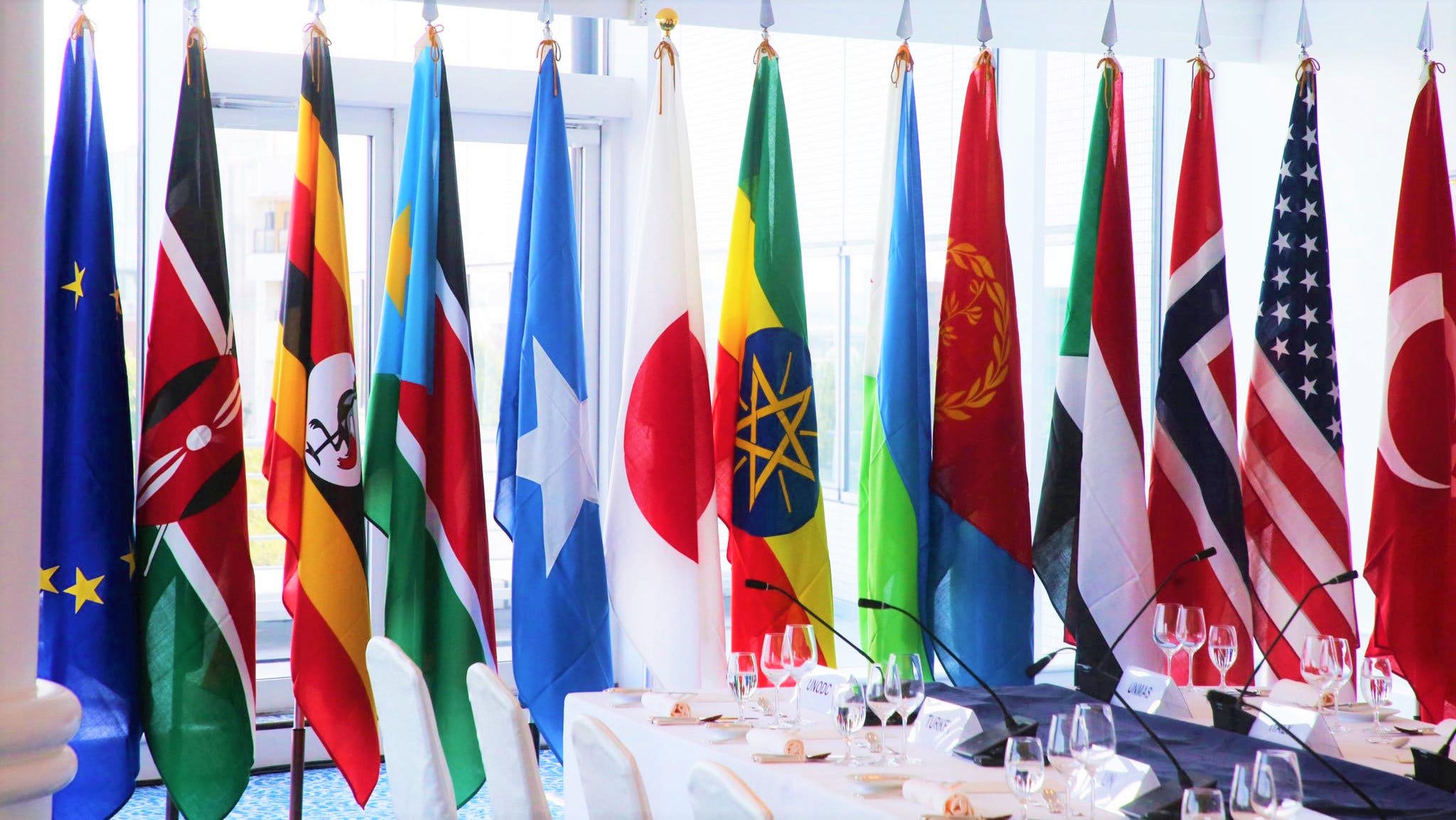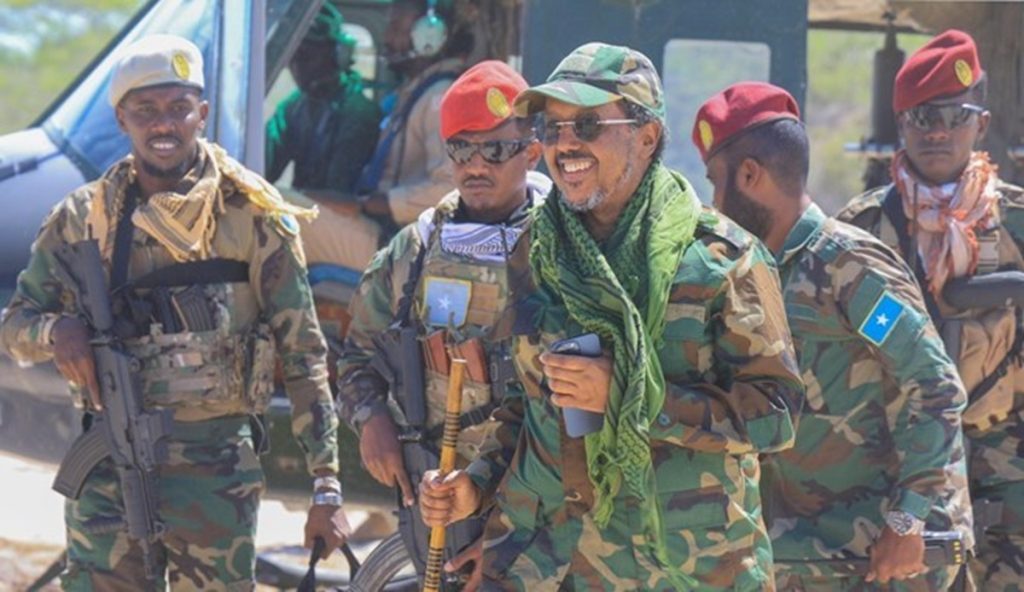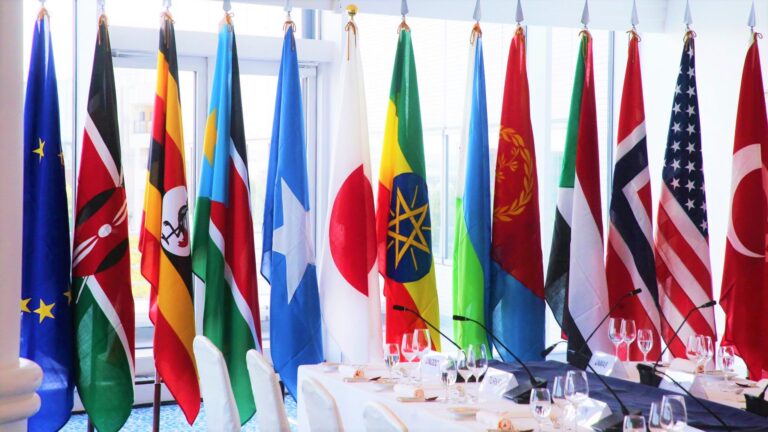Ankara,Turkey-Turkey is ready to deploy a contingent of the private military company Sadat to Somalia in the coming weeks. The decision, sources cited by the think tank “Horn Review” report, follows an official request from the Somali president Hassan Sheikh Mohamud – who was received in Ankara by his Turkish counterpart last week Recep Tayyip Erdogan – in an effort to push back the advance of the jihadist group Al Shabaab in the central and southern regions of Middle and Lower Shabelle. The same sources indicate that Mogadishu has requested up to 3 Sadat officers to lead the counterinsurgency efforts on Al Shabab, whose primary mission will be to secure key strategic urban and rural areas, ensuring greater stability in the troubled valley of the Shabelle River, an area of immense concern for the security of the Somali administration. In addition to counterterrorism objectives, Sadat’s deployment is also expected to serve broader strategic interests. In particular, intelligence sources cited by “Horn Review” suggest that Turkey is planning a ballistic missile testing center in Middle Shabelle, north of Mogadishu, a move that underscores the growing military cooperation between Ankara and Somalia.
If confirmed, this facility would represent a significant escalation in Turkey’s strategic position in the region, solidifying its long-term presence in the Horn of Africa. Turkey’s military entrenchment in Somalia is not new. Over the past decade, Ankara has emerged as one of Mogadishu’s staunchest allies, offering extensive military training programs, infrastructure investments, and economic aid. The Turkish military base in Mogadishu remains one of the largest foreign installations in Somalia, demonstrating Turkey’s enduring commitment to shaping the Horn of Africa country’s security architecture. The Turkish deployment, if confirmed, would mark a significant evolution in Turkey’s defense and foreign policy commitments on the African continent. Sadat, a Turkish private defense contractor, is increasingly being compared to Russia’s former Wagner Group – now renamed Africa Corps – due to its clandestine operations and role in advancing Ankara’s strategic imperatives. The Sadat Group specializes in military training, advisory services, and direct combat engagements in theaters where Turkish geopolitical interests are at stake, and its impending involvement in Somalia would further cement Turkey’s status as a major player in African security dynamics.
The possible deployment of a Turkish-backed private military force, Horn Review writes, raises critical questions about regional security recalibrations. While Somalia’s government has welcomed Ankara’s support, other influential regional and global players may interpret this development with suspicion. The use of private military firms as foreign policy tools also risks exacerbating competition among external actors competing for influence in the Horn of Africa. Turkey’s growing security footprint in Somalia could indeed provoke countermeasures from regional players such as the United Arab Emirates, which is also actively involved in Somali security affairs. Similarly, Western countries closely monitoring the Horn of Africa’s security landscape may scrutinize Sadat’s operations, given the opacity surrounding private military firms and their alignment with state-driven geopolitical agendas. As Ankara expands its involvement in Somalia’s security framework, the Horn Review says, the coming months will be crucial in determining the extent to which Sadat’s presence redefines the battle against Al Shabaab. Whether this move emerges as a stabilizing force or further complicates the matrix of foreign military interventions in Somalia remains a topic of keen geopolitical interest.
Telegaraf News




